One book stitches the pieces together.
The Anthony Bourdain Reader arrives with a price tag and a promise: fragments from a singular voice, assembled with care. Compiled by his longtime agent Kimberly Witherspoon and published by Bloomsbury at £25, it rummages through drafts, dispatches and oddities from a chef who always said he was a writer first. The result feels intimate, restless and frequently ferocious.
A writer before the star
Bourdain died in 2018, aged 61. Many remember the television charisma: Parts Unknown and No Reservations, late nights in back alleys, political tangents over beer. Yet he grew up chasing sentences. His mother edited at the New York Times. He fell hard for beat heroes and literary outlaws: Jack Kerouac, William Burroughs, Lester Bangs and Hunter S Thompson. George Orwell’s sink-scrubbed prose lodged deep. He left college, enrolled in Gordon Lish’s writing workshop, and filed early pieces to downtown magazines. Two crime novels — Bone in the Throat and Gone Bamboo — earned polite notices and meagre sales.
Kitchen Confidential flipped the story in 2000. It mapped New York’s line cooks and lifers like a battlefield. It mourned the city’s lost rough edges as gentrification advanced. It also made him famous. By 2011 he had a HarperCollins imprint. By mid-decade profiles cast him not as a neat celebrity, but as a drifting, glowing constellation of contradictions.
The Reader shows how the TV adventurer began as a page-by-page craftsman — punchy rhythms, blunt verbs, bruised tenderness.
What this book brings together
This is a cabinet of curiosities rather than a single thesis. It spans decades and tones. It rewards readers who don’t mind gear-shifts.
- Handwritten short stories with noir edges and kitchen grease under the nails.
- Chapters from unfinished novels that test voices he later refined on the road.
- A script experiment he dubs “Another Pointless Journalistic Play”.
- Ghost-themed comics populated by Japanese spirits with very earthy fixations.
- A 1973 travel diary entry from Florence that reads like a young man’s lesson in hubris and stomach acid.
- Extracts from food writing that bite, joke and occasionally flinch at their own bravado.
| Strand | Notable detail | Why it matters |
|---|---|---|
| Early diary | Florence, 1973; pain, vomit, raw honesty | Shows the origin of his unvarnished tone |
| Comics | Macabre humour, Japanese spirits | Reveals his taste for folklore and gallows jokes |
| Unfinished fiction | Fragments that chase rhythm over plot | Traces how the TV cadence took shape on the page |
Gristle, blood and the cost of appetite
Few pages here play it safe. The food writing hits with texture and consequence. He chews a still-throbbing cobra heart and reaches for rubbery metaphors. He gnaws braised bat and tastes tyre and coolant. He watches a pig’s death and records the scream as a physical vibration in his teeth. He knows the charge of shock. He asks if this turns into “food and travel porn”. He pushes that question back at the reader with each lurid, vivid scene.
This collection keeps the mess: the thrill, the stomach-turn, the ethics question that trails every sensational bite.
Some will recoil. Some will argue that the reporting burns with life that the fiction lacks. The contrast helps. The dispatches carry urgency because the world keeps talking back. The inventions breathe more thinly. Still, even the weaker sketches map his obsessions: hunger, risk, bravado, work.
Rants that bite back
His appetite for argument rarely rests. He blasts vegans and animal-rights groups for scolding. He gripes about smoking bans like a libertarian regular in a sticky-floor bar. He also fires clean shots at power. His condemnation of Henry Kissinger and the devastation in Cambodia arrives with heat and dates. He knew that kitchens sit inside politics, not outside them. He broke bread with presidents and dissidents, then picked fights with both.
Family, craft and the dignity of kitchen work
The Reader also softens. He writes with gentle precision about family. He returns with his brother to La Teste-de-Buch, where dunes hold their youthful summers. He watches his five-year-old daughter nibble Pecorino and an anchovy and glows with quiet pride. These scenes never drift into syrup. They work like a counterweight to the macho riffs.
He also pays attention to labour. He sees the migrant prep cook, the nightclub line, the struggling bistro, and nods as knives flash and backs ache. In one standout piece he defends Mary Mallon — Typhoid Mary — with empathy for ageing cooks. You feel the stiff knees. You feel the corner-cutting that creeps in during a long shift. You feel the shared culpability of busy hands and broken bodies.
He wrote less about cuisine than about food work: sweat, repetition, shortcuts, and hard choices made under heat lamps.
How it reads now
The Reader lands like a field guide to his voice. It has the clatter of a service in full swing. It has bum notes. It has rare tenderness. It asks you to sit with contradiction. He could punch down. He could punch up. He wanted transgression, but he also wanted care. He loved craft. He hated hypocrisy. The book lets those parts argue on the page.
Should you buy it?
If you want a tidy greatest-hits, this may frustrate you. If you want to see how a style grows, it rewards. If you only know the TV shows, the early writing will surprise you. If you care about the politics of kitchens, you will find detail that other food books duck. At £25, it feels like a fair price for a scrapbook with real grit.
Practical notes for readers
- Expect graphic descriptions of killing and eating animals; sensitive readers may wish to skip select sections.
- Expect sudden switches in genre and quality; the compilation preserves rough edges by design.
- Expect strong opinions on public health, meat, and protest movements; the tone swings between bar-room rant and moral reckoning.
- Expect humour as bleak as midnight prep; the comics and diary fragments carry gallows laughter.
If you want to go deeper
Pair the Reader with Kitchen Confidential to track how the early fragments snap into sharp reportage. Read Orwell’s account of dishwashing to see a lineage of writing about toil and class. Compare Bourdain’s Hanoi pages with his dinner alongside Barack Obama to see how diplomacy and street food mingle. Then think about where today’s food TV still sanitises reality, and where it dares to show costs.
Make a small project of it. Keep a notebook while you read. List the work verbs that drive his sentences: chop, scrape, lift, bleed, serve. Note how often he writes about bodies instead of recipes. Try a page-long pastiche about your own job using only physical actions. The exercise shows why his prose moves: it stays close to muscle and heat.
There is a risk in this kind of collection: myth-making. The wild meals and dirty jokes can blur into a hero story. Read with that in mind. Look for the moments where he questions himself. Look for where he admits fear or care. Those lines carry the book’s lasting charge, and they keep the legend human.
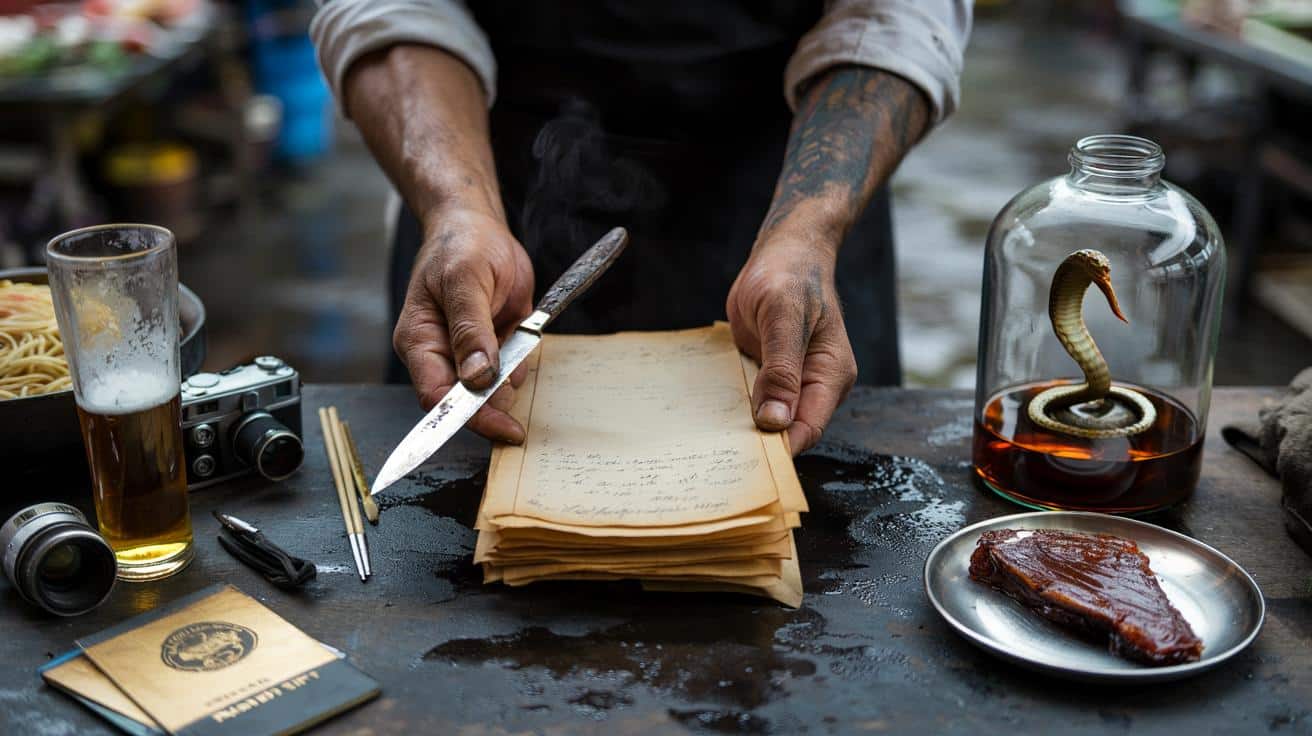


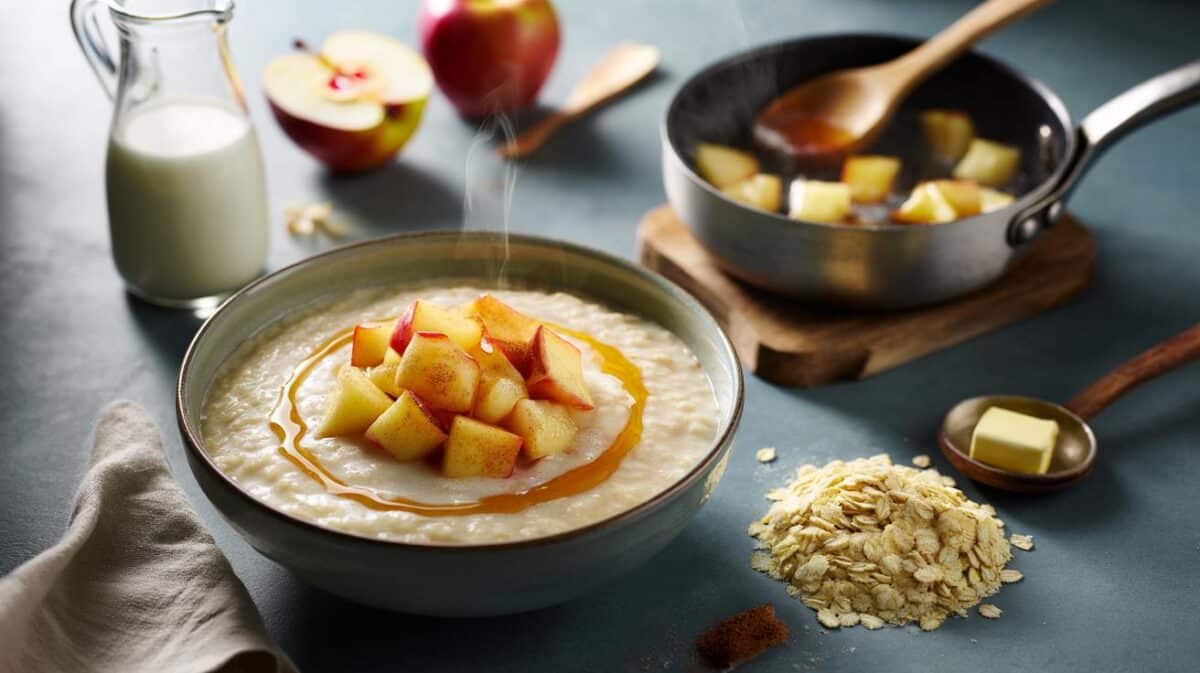
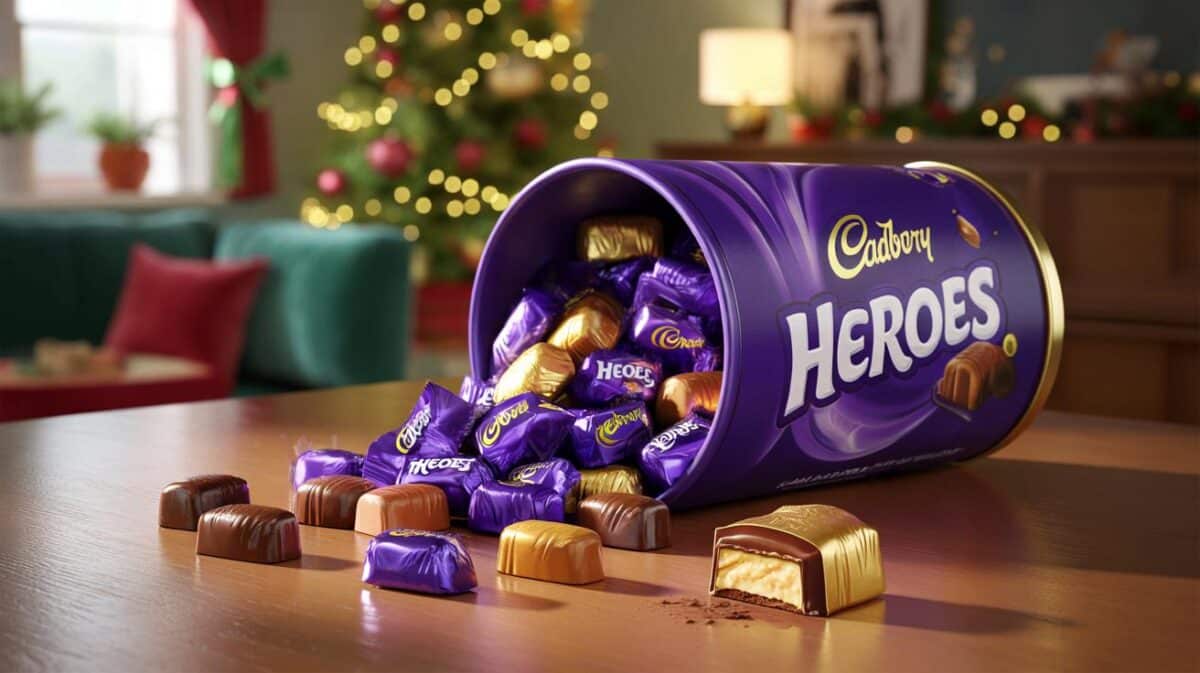
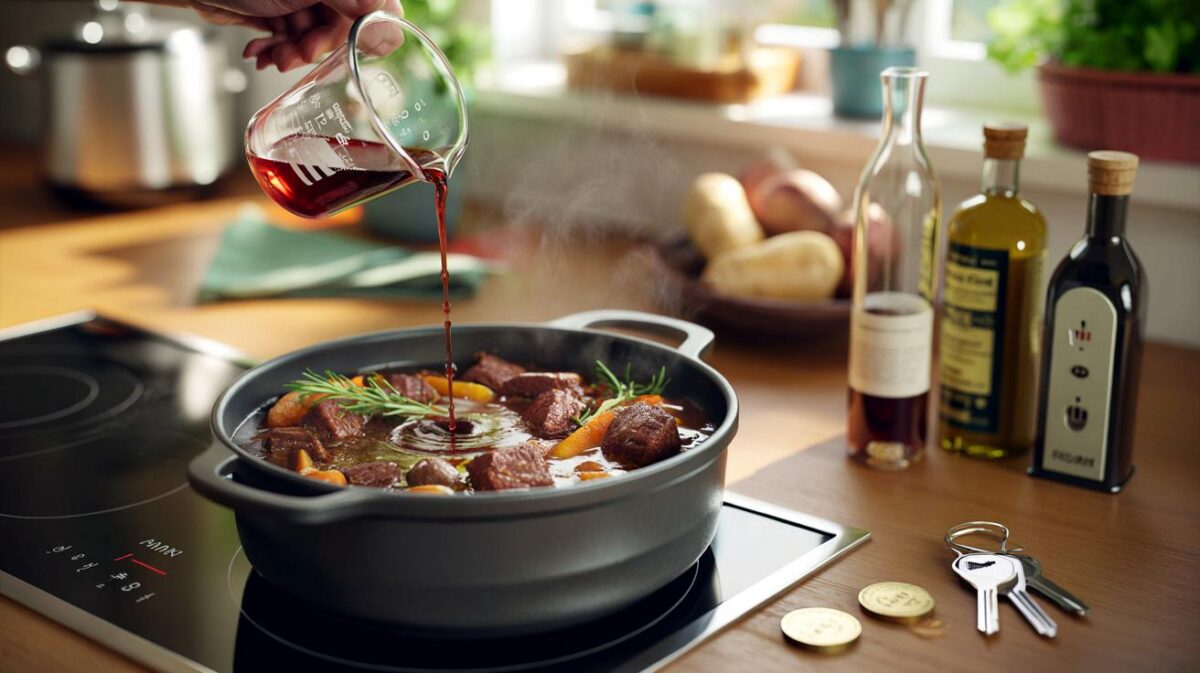

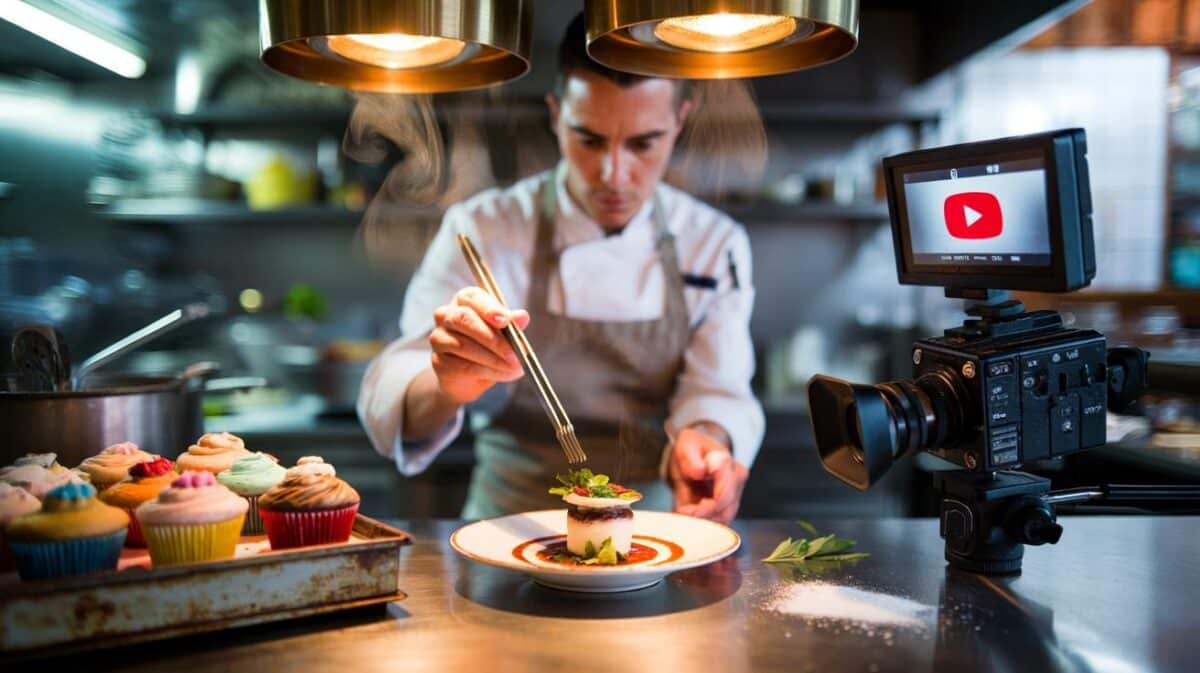

At £25, this Reader sounds like a fair, gritty scrapbook; the cobra-heart and bat scenes are gnarly, but if the ethics really bite back, I’m in. This is definately more than TV nostalgia, right?